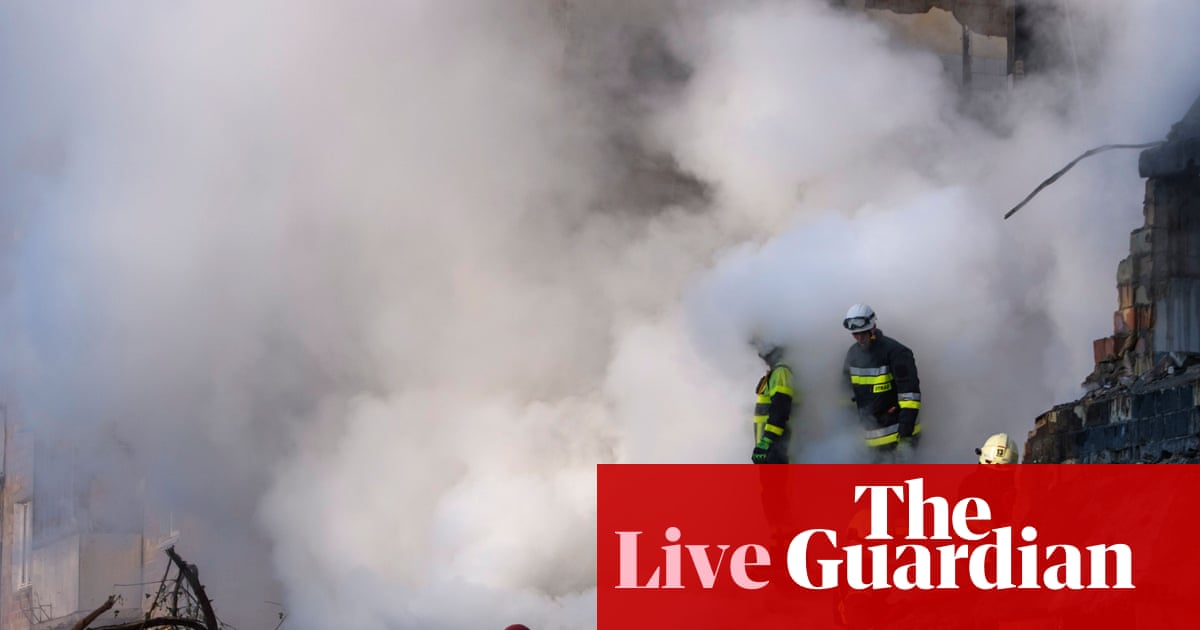
EU Defence Ministers Address Pressure on Russia
In light of recent escalations in Ukraine, EU defence ministers convened in Copenhagen to discuss enhanced measures to exert pressure on Russia. This meeting comes as Ukraine’s President Volodymyr Zelenskyy reported that at least 23 individuals were killed during a series of devastating missile attacks in Kyiv, with more than 50 injured and several still missing.
Kaja Kallas, the EU’s foreign policy chief, highlighted the urgency of the situation, stating that “these attacks demonstrate that Putin is openly mocking any attempts at peace negotiations.” Her words echo a sentiment shared among EU leaders, pushing for a unified front in response to Russia’s aggressive tactics.
Support for Ukraine Amid Growing Tensions
During the meeting, defense ministers are expected to deliberate on strategies to not only apply pressure on Russia but to bolster Ukraine with further security guarantees. The necessity for stronger sanctions and strategic support is being underscored, as many leaders feel that Russia’s current actions cannot go unanswered without severe repercussions.
Notably, Turkish Foreign Minister Hakan Fidan commented on potential shifts in Russia’s stance regarding territorial demands, suggesting that negotiations might have room for compromise if Russia’s conditions are met.
Global Response and Calls for Accountability
Amidst these discussions, Ireland’s Simon Harris stressed that the international community must condemn Russia’s actions and ensure that there are consequences for attacks on civilian populations. His remarks reflect a broader call for accountability that resonates across diplomatic dialogues.
Continued Commitment to Support
As the conflict affects millions, organizations like the British Council continue to risk their operations in Ukraine, striving to provide educational resources and support despite the dangers posed by ongoing violence. This commitment highlights the crucial need for international solidarity and long-term investment in peace-building efforts.
For those looking to support global education initiatives during these tumultuous times, consider purchasing resources or donating to organizations like the British Council, which actively work on the ground. Learn more about their work here.



